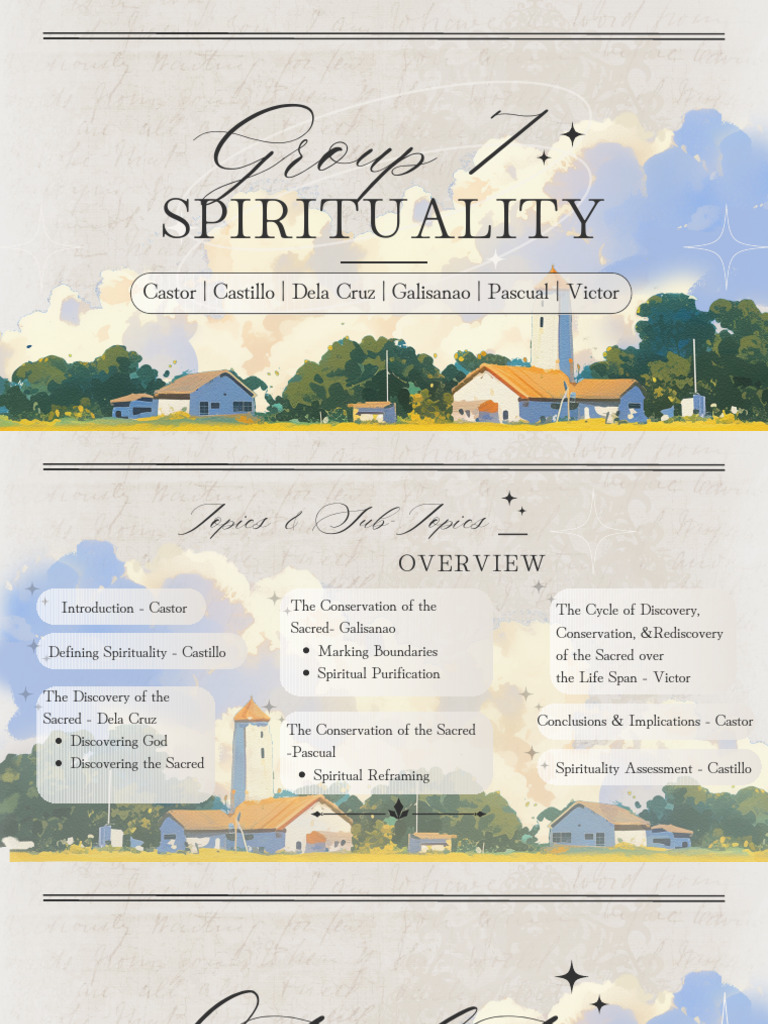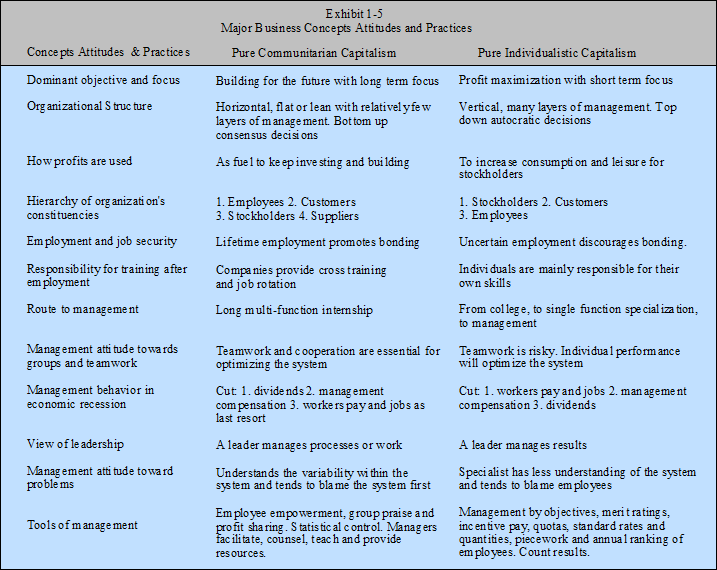5 Ways Spirituality Meets Psychology

The realms of spirituality and psychology have long been intertwined, each offering unique perspectives on the human experience. While spirituality delves into the mysteries of the universe and our place within it, psychology seeks to understand the intricacies of the human mind and behavior. As we explore the intersection of these two disciplines, we find that they not only complement each other but also enrich our understanding of ourselves and the world around us. In this article, we will delve into five ways spirituality meets psychology, highlighting the profound impact this intersection can have on our well-being and personal growth.
1. Mindfulness and Meditation
One of the most significant areas where spirituality and psychology converge is in the practice of mindfulness and meditation. These ancient spiritual practices have been embraced by modern psychology for their profound effects on mental health and well-being. Mindfulness, derived from Buddhist meditation practices, involves being fully present and engaged in the current moment, while meditation encompasses a broad range of practices aimed at cultivating mental clarity and emotional balance.
Psychological studies have shown that regular mindfulness and meditation practices can reduce symptoms of anxiety and depression, improve sleep quality, boost mood, and even alter brain structure to promote more adaptive responses to stress. This blend of spiritual discipline and psychological benefit underscores the holistic approach to health that both spirituality and psychology advocate for. By integrating mindfulness and meditation into daily life, individuals can experience a profound shift in their mental and emotional well-being, fostering a deeper sense of connection to themselves and the world.
2. Emotional Intelligence and Compassion
Emotional intelligence, the ability to recognize and understand emotions in oneself and others, and to use this awareness to guide thought and behavior, is another domain where spirituality and psychology intersect. Spiritual practices often emphasize the development of compassion, which is not only a core aspect of emotional intelligence but also a fundamental principle of many spiritual traditions. Compassion, or the ability to feel and act on empathy towards others, is recognized in psychology as a crucial component of healthy relationships and personal well-being.
The cultivation of compassion through spiritual practices such as loving-kindness meditation has been shown to increase positive emotions, social connections, and even physical health. This underscores the potential for spiritual practices to influence psychological well-being positively. Furthermore, the emphasis on compassion in both spiritual and psychological contexts highlights the importance of emotional intelligence in navigating the complexities of human relationships and achieving a higher level of personal fulfillment.
3. Purpose and Meaning
The search for purpose and meaning is a profound human quest that both spirituality and psychology address. Spirituality often provides a framework for understanding one’s place in the universe and the meaning of life, which can give individuals a sense of purpose and direction. Psychology, particularly positive psychology, focuses on helping individuals discover their strengths and passions to build a fulfilling life.
The intersection of spirituality and psychology in this area can lead to a deeper understanding of oneself and one’s role in the world. Spiritual practices can help individuals connect with something larger than themselves, fostering a sense of belonging and purpose. Psychological theories, such as logotherapy by Viktor Frankl, emphasize the importance of finding meaning as a primary motivator for human beings. By integrating spiritual and psychological perspectives, individuals can cultivate a deeper sense of purpose and meaning, leading to a more fulfilling and satisfying life.
4. Resilience and Coping
Spirituality and psychology also meet in the realm of resilience and coping mechanisms. Spiritual beliefs and practices can provide individuals with a framework for understanding and navigating life’s challenges, offering comfort, hope, and strength during difficult times. Psychological research has shown that individuals with strong spiritual beliefs often exhibit higher levels of resilience and better coping strategies when faced with adversity.
This can be attributed to the sense of control and meaning that spiritual beliefs can provide, as well as the social support often found within spiritual communities. The integration of spiritual practices, such as prayer or meditation, into psychological interventions has been shown to enhance outcomes in terms of mental health and well-being. By recognizing the role of spirituality in coping and resilience, psychologists can develop more comprehensive and effective strategies for supporting individuals through life’s challenges.
5. Personal Growth and Transformation
Lastly, the pursuit of personal growth and transformation is a significant area where spirituality and psychology converge. Both disciplines recognize the human potential for change and growth, albeit through different lenses. Spiritual practices often aim at transforming the individual, helping them achieve a higher state of consciousness or unity with a divine reality. Psychology, particularly through therapeutic relationships and personal development frameworks, also seeks to facilitate growth and transformation, albeit with a more secular focus on cognitive, emotional, and behavioral change.
The intersection of spirituality and psychology in this area can lead to a holistic approach to personal growth, one that considers both the inner, spiritual dimensions of human experience and the outer, psychological aspects. By integrating spiritual practices into psychological frameworks, or vice versa, individuals can pursue a path of personal growth that is both deeply meaningful and practically effective, leading to a more authentic, balanced, and fulfilling life.
In conclusion, the meeting of spirituality and psychology represents a profound intersection of human inquiry and experience. Through practices such as mindfulness and meditation, the cultivation of emotional intelligence and compassion, the search for purpose and meaning, the development of resilience and coping strategies, and the pursuit of personal growth and transformation, these two disciplines complement each other beautifully. By embracing this intersection, we can foster a deeper understanding of ourselves and the world, leading to a more compassionate, resilient, and fulfilling human experience.
How can mindfulness and meditation impact mental health?
+Regular mindfulness and meditation practices have been shown to reduce symptoms of anxiety and depression, improve sleep quality, boost mood, and even alter brain structure to promote more adaptive responses to stress.
What role does emotional intelligence play in personal relationships?
+Emotional intelligence, which includes the ability to recognize and understand emotions in oneself and others, is crucial for healthy relationships. It enables individuals to communicate effectively, empathize with others, and navigate conflicts in a constructive manner.
How can spiritual practices influence personal growth and transformation?
+Spiritual practices can facilitate personal growth and transformation by providing a framework for self-reflection, introspection, and spiritual exploration. They can help individuals develop a greater sense of purpose, meaning, and connection to themselves and the world around them.
By exploring the intersection of spirituality and psychology, we can gain a deeper understanding of the human experience and cultivate a more compassionate, resilient, and fulfilling life. As we continue to navigate the complexities of the human condition, the integration of these two disciplines offers a powerful approach to personal growth, transformation, and well-being.


